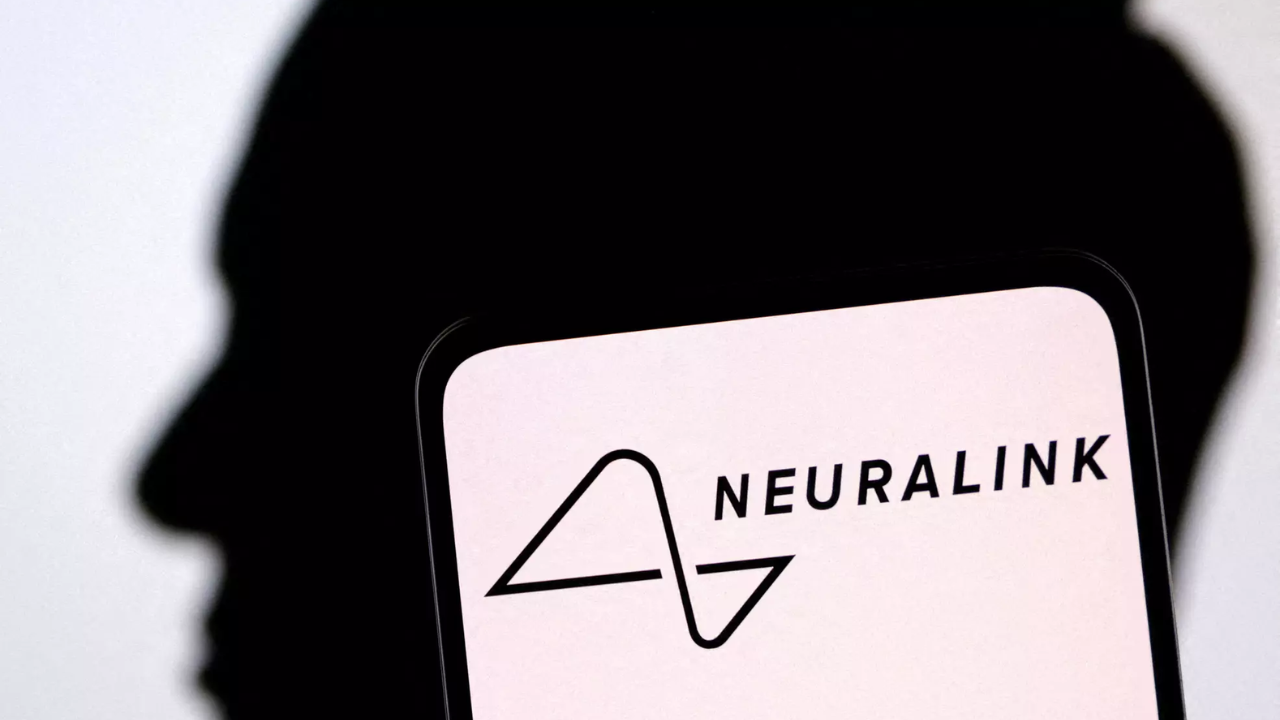
WHY ELON MUSK'S NEURALINK HAS POSTPONED BRAIN IMPLANT OF SECOND PATIENT
Elon Musk's brain implant company, Neuralink, has reportedly postponed its plans to implant its device in a second patient due to unforeseen medical conditions. According to a report by Bloomberg, Michael Lawton, CEO of the Barrow Neurological Institute where the surgery was planned has explained that the patient developed health issues making them unsuitable for the current stage of Neuralink's experimental device study. A replacement candidate is expected to undergo the surgery next month at the Barrow facility.
“Selecting the right patient for a trial like this is important. Everybody involved, clinically and surgically, wants to get it right,” Lawton said.
First patients of Neuralink’s brain device
In early clinical trials for the device designed to help paralysed patients regain function, Musk-owned Neuralink implanted its technology in the first human subject earlier this year. Noland Arbaugh, an Arizona man left quadriplegic from a 2016 spinal cord injury, can now control video games using just his thoughts with the help of the device.
Untitled Carousel READ ALSO: Elon Musk says there will be no phones in the future
In January, Arbaugh received surgery at Barrow, a Phoenix-based facility known for treating complex neurological conditions. Barrow's swift and high-quality care was also commended in April by Neuralink President DJ Seo.
In a recent podcast with Joe Rogan, Arbaugh talked about the consequences that may happen if someone tries to hijack the Neuralink chip and tries to turn humans into cyborgs. Arbaugh said that if a hacker tries to hack his brain chip wouldn't be able to do much — at least at this point. In theory, the hacker will be able to see the patient’s brain data or access their PC by controlling a cursor, Arbaugh added.
While the specific details are confidential due to privacy regulations, the patient whose surgery was postponed this week suffers from amyotrophic lateral sclerosis (ALS), also known as Lou Gehrig's disease, the report notes. This illness causes nerve cells in the brain and spine to deteriorate, leading to eventual muscle paralysis.
How this device can help patients with motor impairment issues
Cristin Welle, an associate professor of neurosurgery at the University of Colorado and former US FDA official, stated that testing the device on patients with various causes of motor impairment is beneficial, the report adds.
“It can be valuable to know it works across different conditions,” Welle said.
Moreover, Neuralink researchers also have a wider pool of patients to recruit from.